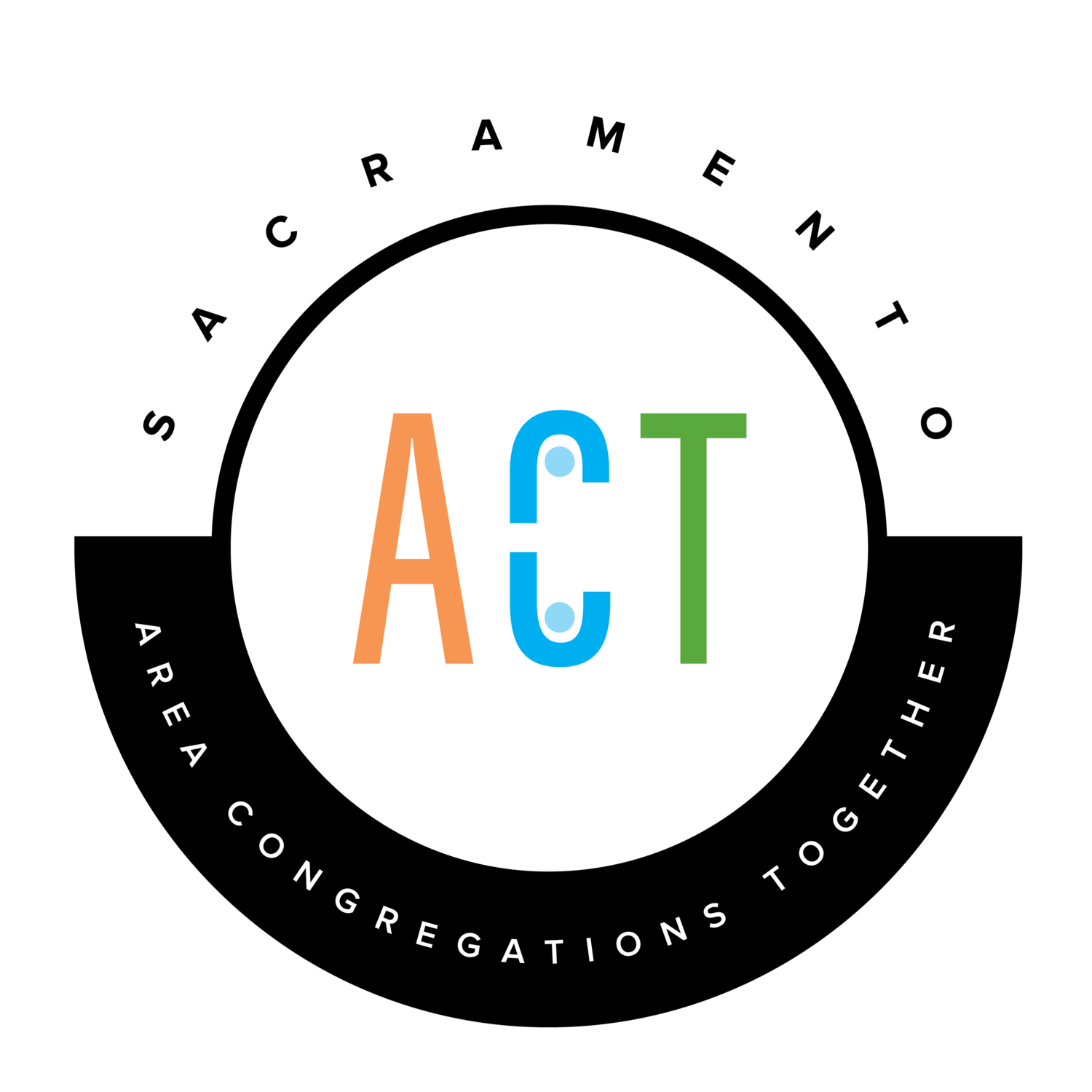By Kathy Robertson
The Unitarian Universalist Church of Davis voted Sunday to become a “sanctuary church.”
The unanimous vote came at a special membership meeting called by the church board. It follows months of discussion about how the congregation will respond to harsh rhetoric and threats of mass deportation of undocumented immigrants by the Trump administration.
The vote prepares the way for the church to join Sacramento Area Congregations Together to begin organizing immigration activities specific to Yolo County needs.
“We are excited to get to work,” said Gabby Trejo, an organizer and associate director of Sacramento ACT.
While the sanctuary movement of the 1980s centered on housing immigrants fleeing violence in Central America, focus shifted in 2017 to support for undocumented immigrants who face deportation.
Sanctuary can mean physical shelter or a variety of other activities that support the immigrant community. Traditionally, churches, schools and hospitals have been considered “sensitive locations” off limits to federal immigration enforcement officials.
Given little demand for this kind of protected housing so far — and the expense of preparing appropriate space and services — the UU Church of Davis did not choose that approach.
The focus is on direct response to requests for action from the immigrant community and its allies. Activities range from training to become legal observers if there is a raid to support for undocumented students at UC Davis, fundraising and participation at rallies that support legislative change to protect immigrants.
“The vote allowed our congregation to make explicit what had been a part of the history of this church from the 1980s,” said the Rev. Beth Banks. “We are committed to working toward Yolo County being a safe community for people who are undocumented. We look forward to being joined in partnership by many communities of faith because we need each other to build the world we dream is possible.”
Efforts to form close links between the church and undocumented students at UCD began last fall, and increased after the Trump election. Community and interfaith gatherings in early 2017 prompted interest in additional support for immigrants in Yolo County.
In June, a group was formed at the church to seek input from the congregation and come up with a recommendation for action that fits with church principles of social justice.
As a result of this process, church members voted Sunday to declare the UU Church of Davis to be a sanctuary congregation and agreed to:
* Be a voice for justice in the public square of Yolo County;
* Support undocumented students at UCD and their allies at the AB 540 and Undocumented Center on campus when requested by students or staff;
* Have members who become trained to be allies to undocumented immigrants and act as legal observers or companions when called upon;
* Raise funds to support the undocumented immigrant community;
* Attend rallies and actively support selected local, state and federal legislation that protects the immigrant and undocumented communities;
* Support the immigration work of interfaith groups and other nonprofits in Yolo County and the greater Sacramento area when they request assistance;
* Join Area Sacramento Area Congregations Together/People Improving Communities Through Organizing and become active in the ACT/PICO immigration team; and
* Continue to listen, learn and work as individuals and as a congregation to promote justice, allowing the needs, visions and voices of the immigrant communities guide the work.
The vote follows a threat of “arrests in neighborhoods and worksites” issued by U.S, Immigration and Customs Enforcement last month after Gov. Jerry Brown signed legislation making California a “sanctuary state.”
Approval was unanimous by church members who attended the special membership meeting.
“If not now, when? If not us, who?” Yolo County Supervisor Don Saylor, a longtime church member, said Sunday as members prepared to vote.
“I am so happy and proud,” Carol Corbett, chair of the church board, said after the meeting. “We enthusiastically support this work for social justice.”
A small group of nine church members will head to the U.S.-Mexico border in Arizona next week to learn more about current immigration policy and what can be done to change it.
— Kathy Robertson, a former Davis Enterprise staff writer, is a longtime Davis resident and a member of the Unitarian Universalist Church of Davis.
